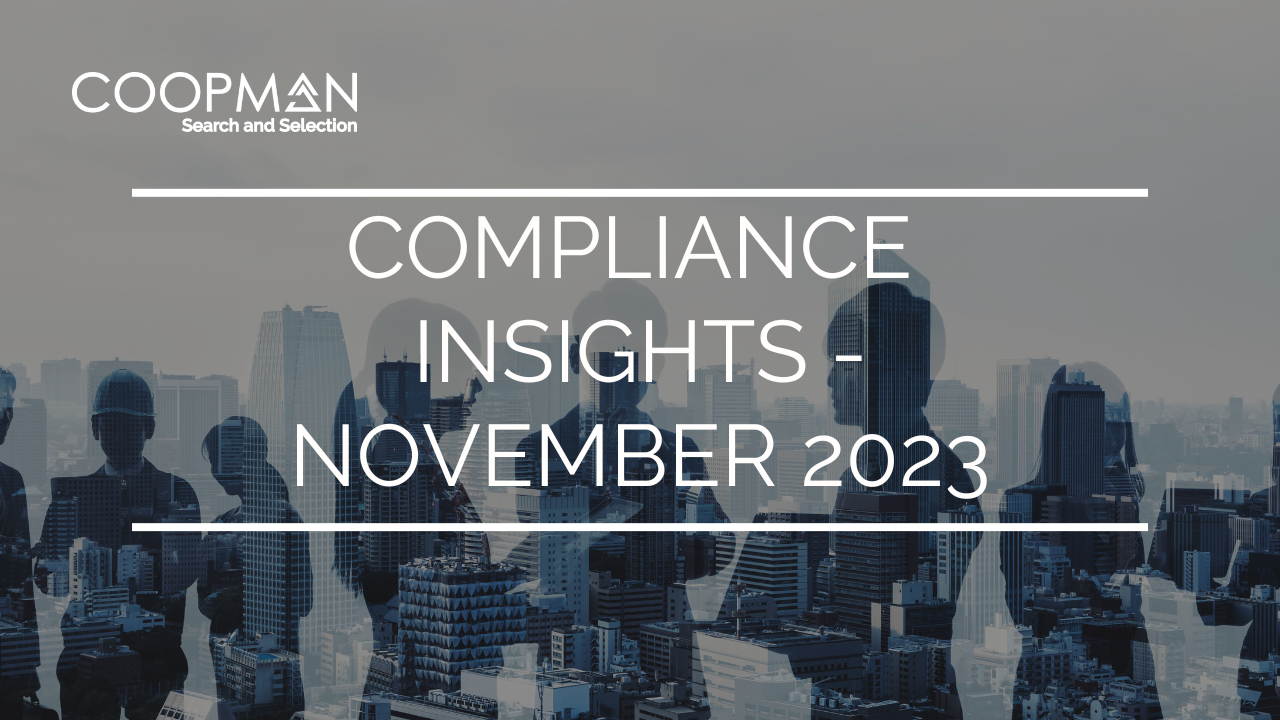The Asset Management industry is very fragmented in terms of hiring patterns – largely on how they have been impacted by volatile investment markets and consequential impact on AUM fee income and balance sheets. Some, whose investment strategies were less impacted have some ‘dry-gunpowder’ in their hiring budgets and are continuing to hire heading into the New Year whilst others, more significantly impacted by portfolio losses and AUM withdrawals, have implemented hiring freezes. Within this challenging environment CFOs will have to juggle budget allocations to address critical hiring requirements – notably imposed by financial market regulators bringing additional requirements under ESMA’s EU SFDR Level 2 disclosure obligations (and the UK’s FCA SDR) which come into force from January 2023. C-suite, Business Heads and HR must consider the skillsets required across the business, to ensure its successful implementation.
SFDR; EU Taxonomy, benchmarking frameworks and UK legislation differences
The EU Taxonomy ties closely with SFDR regulation, creating a common language that investors, companies and policy makers must be familiar with to identify activities that make significant contributions to environmental objectives. As financial institutions gear up to begin reporting their Taxonomy alignment in 2024, preparations for this must begin in the New Year, so that the necessary reported data by the non-financial undertakings they hold in their portfolios and on their books is available.
Another issue is the lack of clear direction set out for calculating SFDR against benchmarks, and from company to company, different methodologies are being used due to the lack of set frameworks to follow. As large public interest firms with more than 500 employees will be required to disclose policies, processes, and aggregated metrics about the Principal Adverse Impacts (PAIs) that their investments have on environmental and social issues by June 2023, it is vital that those in relevant positions have clear metrics to accurately record and present this data. Pressure is somewhat alleviated, but still on firms with less than 500 employees, who can either conform to the former-mentioned practice or place a clear notice on their website to state they do not consider PAIs and why, referred to as a “comply or explain”.
The Financial Conduct Authority is governing the implementation of the UK-based SDR legislation, which brings further complications to the wider financial landscape, particularly investment managers looking to distribute into UK & Europe. There are a number of key differences between both regulations, and it is vital that, where operating in both the UK and Europe, there are two separate streams for these differing regulations. Indeed, compliance disclosures will become more challenging when implementing SDR and SDFR, thereby incurring additional costs.
SFDR and the impact on hiring
SFDR has revealed critical skillsets required for its successful implementation, shifting focus points for hiring managers at three distinct levels.
At a research analysis and portfolio management level, those investment professionals with a well-developed knowledge and understanding of the key SFDR/SDR priorities, including the ability to craft and align the ranking and selection of entities in their portfolios, will be in high demand to ensure the company’s commitments and regulatory obligations are achieved.
There is an increase in demand for investment portfolio analytics and middle-office professionals with experience in complex portfolio analysis, legal, risk and compliance, as these professionals will be responsible for ensuring those analysing and compiling policies and developing product and marketing communications, align with SFDR regulations.
Within client-facing, marketing and reporting functions, mid-senior hires are recommended who understand, can articulate and disseminate the associated technical jargon of SFDR to less-informed clients and peers, to ensure product ‘buy-in’ and business-wide adoption and support. Marketing individuals with SFDR/SDR knowledge will be required to compile thought-leadership content, product collateral, fact sheets and other regulatory documents.
The ultimate objective of SFDR is to level the playing field of institutional, wholesale and retail consumers of investment product, and companies must be well-equipped to ensure such regulation is fully and successfully implemented.
At Coopman, we are strongly-positioned to support you in sourcing the talent you will need to meet these challenges.
To discuss the topics covered in this update, your recruitment processes or new opportunities, please get in touch with Gareth Connellan, Principal Consultant for Front Office Asset Management.








